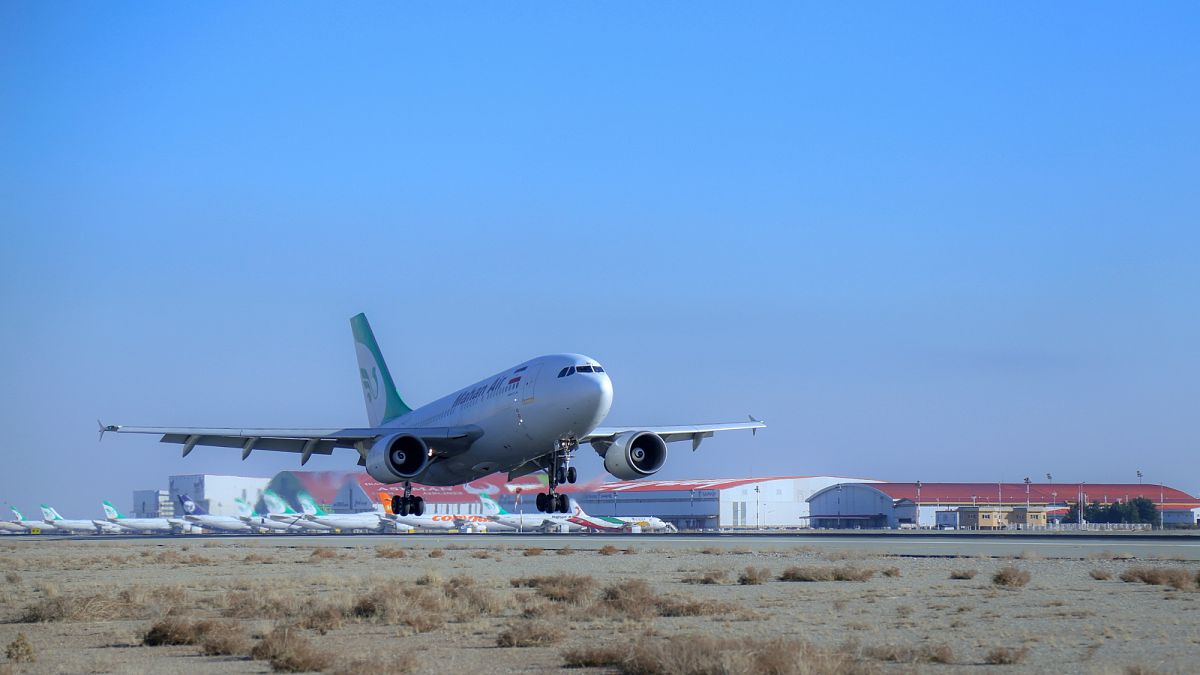

In a world where headlines often highlight differences, several recent developments provide insights into significant geopolitical issues and underline efforts toward stability and peace. These stories demonstrate the ongoing challenges and the steps being taken to address them calmly and effectively.
Iran has recently resumed international flights following a temporary suspension, marking the end of a 20-day period of heightened tensions with Israel. This comes after a ceasefire was agreed upon, halting a conflict characterized by aggressive military actions on both sides. Iran faced strikes targeted at its military and nuclear facilities, while it responded with missile attacks aimed at Israel. The resumption of flights reflects a positive turn towards normalcy and potential diplomatic engagement, illustrating efforts to maintain peace and connectivity.
Further east, Pakistan continues to grapple with rising militant activity. In a recent incident, Pakistani troops successfully thwarted an infiltration attempt from Afghanistan, neutralizing 30 militants. This action highlights the ongoing security challenges in the region, largely attributed to the Pakistani Taliban, which, although distinct, shares allegiances with the Afghan Taliban. This development points toward the intricate dynamics of regional security and the persistent efforts to counteract militancy.
In Europe, the alarming reports of Russia’s use of banned chemical weapons in Ukraine have drawn international scrutiny. Dutch and German intelligence agencies have revealed an increased deployment of chemical agents, urging the global community to consider sanctions and provide enhanced support for Kyiv. This adds another layer to the complex situation in Ukraine, where recent massive aerial attacks by Russia have intensified the crisis. In these latest assaults, over 550 drones and missiles were launched in a single night, marking one of the largest aerial offensives since the conflict began.
The severity of the strikes was underscored by injuries sustained by at least 23 individuals in Kyiv, where some residents reported a significant increase in the use of deadly drones. Ukrainian President Volodymyr Zelenskyy condemned the attacks as acts of terror and stressed the urgent need for bolstered air defenses, a sentiment echoed in a recent communication with U.S. President Donald Trump. The dialogue between Washington and Moscow, occurring just before the strikes, has spurred discussions on how diplomatic conversations are being interpreted during these turbulent times.
Despite these challenges, efforts toward improving international relations continue. The United States, in collaboration with Ukraine, is exploring ways to enhance air defense systems, reiterating a commitment to supporting Ukraine amidst ongoing conflict. This move highlights a proactive approach to fostering security and provides a reassurance of international solidarity.
Meanwhile, in the diplomatic realm, Kremlin spokesperson Dmitry Peskov reiterated Russia’s stance on its military operations, expressing a preference for achieving goals through diplomatic avenues, though acknowledging the continuation of military actions until such options become viable. This statement aligns with the broader narrative of seeking resolutions through political dialogue, even amid ongoing hostilities.
These stories serve as a reminder of the complex interplay of conflict and cooperation on the global stage. While challenges remain, the continued efforts toward engagement and resolution offer a beacon of hope for a peaceful future. Across regions, from the Middle East to Eastern Europe, the commitment to diplomatic engagement and constructive dialogue persists, encouraging a mindful reflection on the path to lasting peace.
Source: {link}
